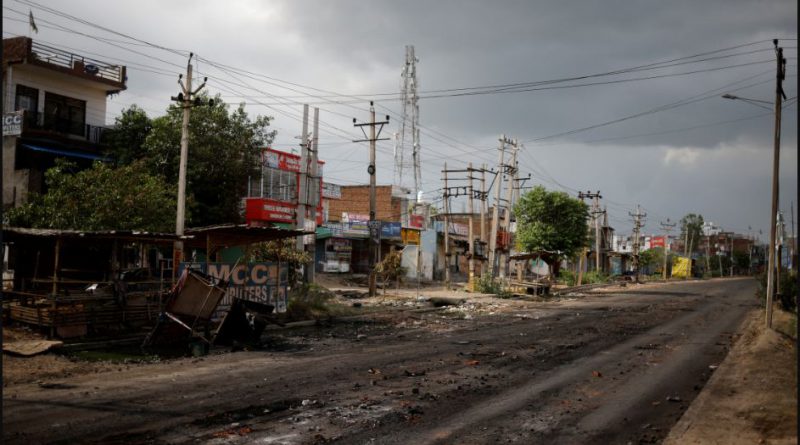Is India’s Nuh demolition targeting a specific community, and if not, stop if allowed by law: Punjab and Haryana HC
The law and order issue appears to be being used as a ploy to demolish buildings without following the legal process without any demolition orders or notices.
India’s Punjab and Haryana High Court on Monday questioned the demolition campaign in Nuh in the wake of communal violence last week and questioned whether buildings belonging to a “particular community” were targeted “under the guise of a law and order problem” and a “exercise in ethnic cleansing” was being carried out.
If any such demolition is to be carried out today, it should be stopped if the procedure is not followed in accordance with the law, the Division Bench of Justices G S Sandhawalia and Harpreet Kaur Jeewan stated, pointing to reports that demolition orders and notices were not issued.
The state government was requested by the court to provide an affidavit detailing how many structures had been destroyed and whether any notice had been given prior to destruction.
The court stated: “It has come to our notice that the State of Haryana is using force and is demolishing buildings as a result of the fact that some riots have occurred in Gurugram and Nuh,” taking suo motu consideration of news in The Indian Express and Times of India.
The law and order issue appears to be being used as a ploy to demolish buildings without following the legal process without any demolition orders or notices. The question also arises as to whether the State is engaging in ethnic cleansing by razing structures that belong to one community while claiming that there is a law and order concern.
“We believe that the Indian Constitution protects its residents and that no such demolitions should be carried out without first following the legal process. As a result, we give the State of Haryana instructions to provide an affidavit detailing how many structures have been destroyed in the past two weeks in both Nuh and Gurugram and whether any notices have been given prior to destruction, it added.
The court stated, citing press reports: “The action is stated to be on account of the fact that the people engaged in the anti-social activities had made unauthorised constructions… Bulldozers have destroyed long-standing structures nearby to the hospital, including restaurants, business buildings, and residential structures. Additionally, as the government is looking into instances of intercommunal violence, the Home Minister himself has said that bulldozers are part of illaj (therapy). According to Lord Acton, “absolute power corrupts absolutely, and power tends to corrupt.”
The Bench scheduled the next hearing for August 11 and named Attorney Kshitij Sharma as an amicus curiae to support the court.
Deputy Commissioner Dhirender Khargata of Nuh was quoted by PTI as stating, “I have ordered the officials to stop the drive against illegal construction.”
On July 31, there was racial unrest in the Nuh district during a yatra that the VHP and Bajrang Dal had planned. The conflicts resulted in the deaths of six people, including two house guards.
The residents claim that they were not given advance notification before the demolition campaign started on August 3. Numerous “unauthorised” shanties, transient businesses, and some concrete constructions have all been destroyed.



